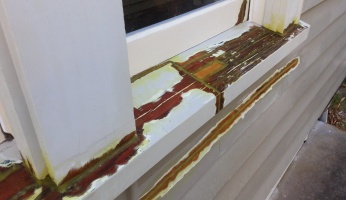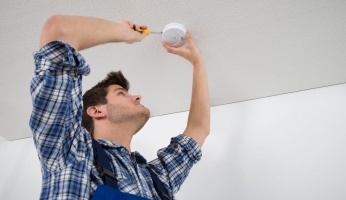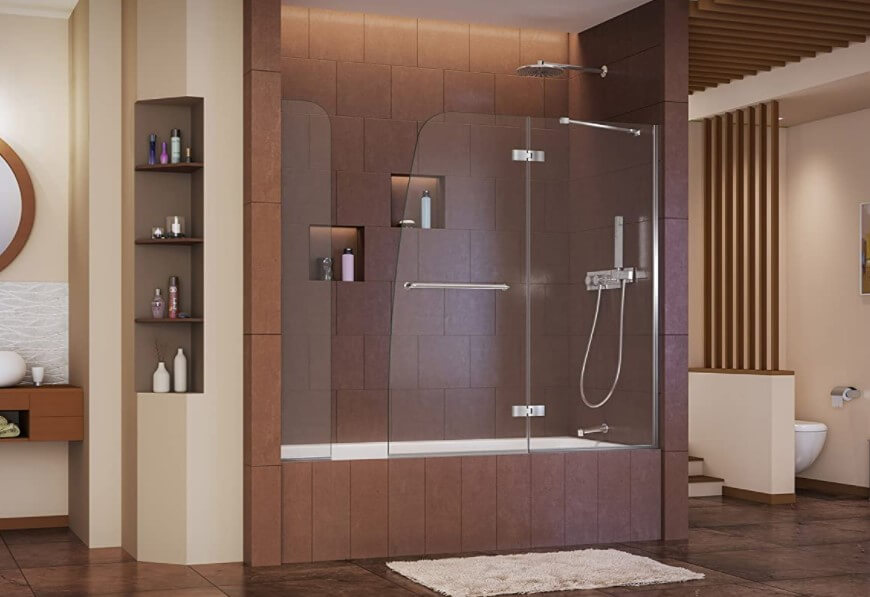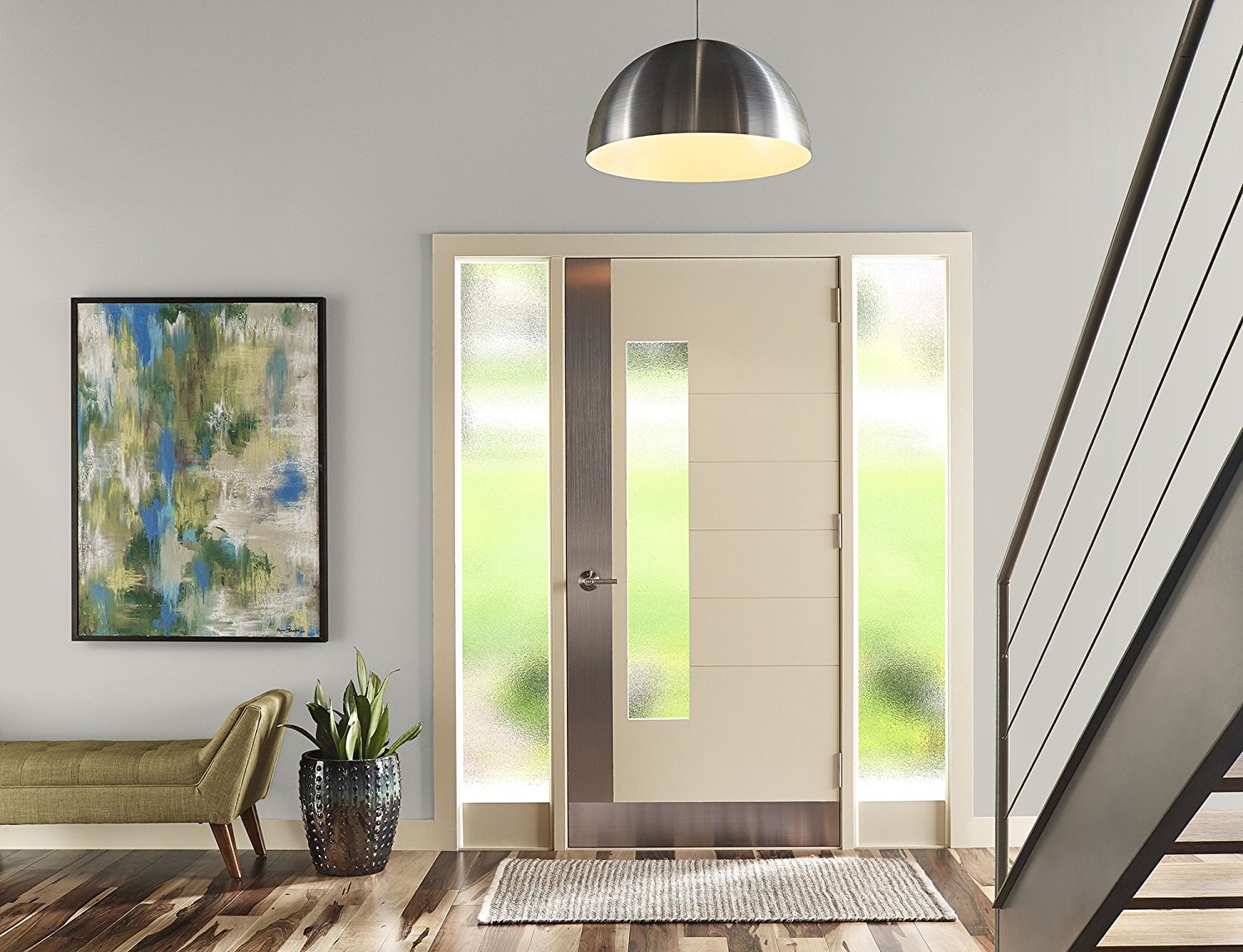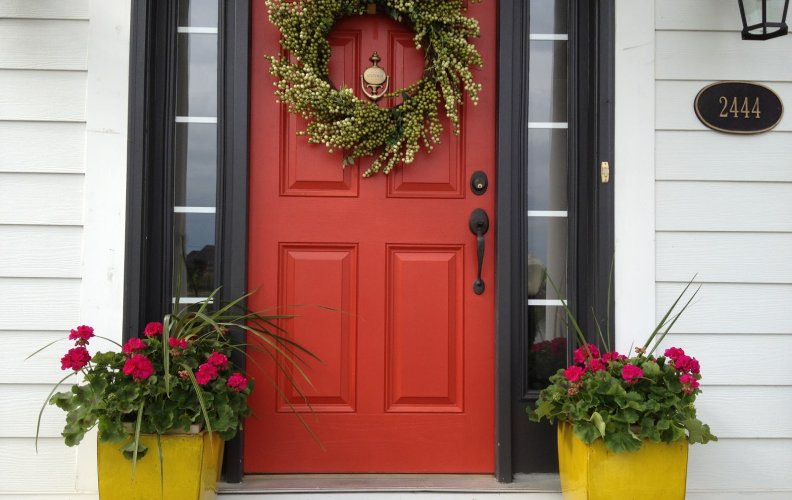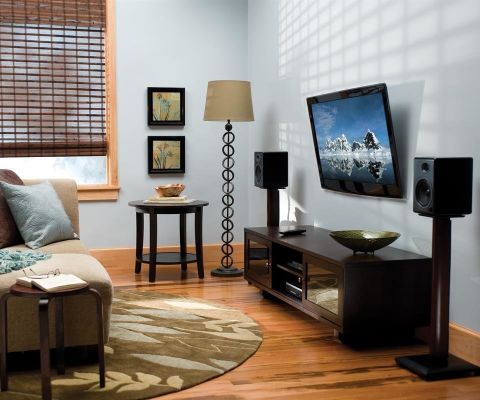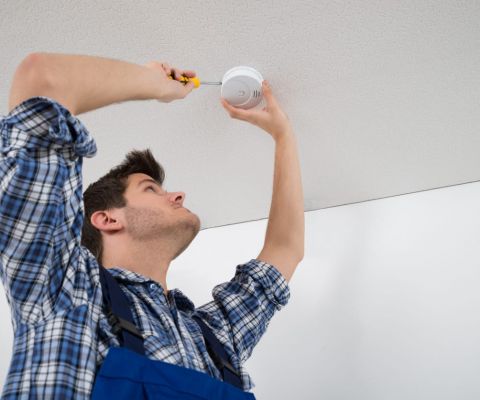- No Obligations
- Stop Paying Too Much For Your Contractor
- No Spam Calling
- Screened & ID Checked Contractors only!
The Most Inefficient Home Appliances!
0
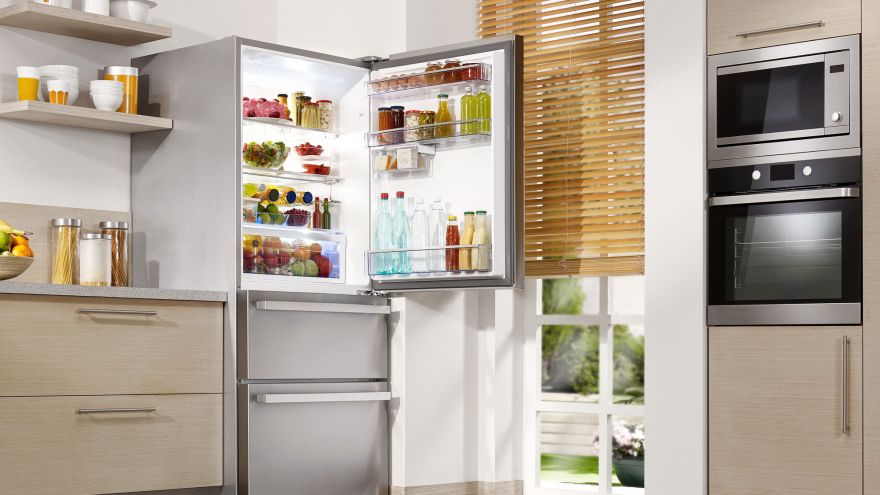 The Most Inefficient Home Appliances!
earlyexperts.net
The Most Inefficient Home Appliances!
earlyexperts.net
We all want to leave as small an environmental footprint as possible, and let’s face it: energy costs are high. Using less is just a good move on all fronts.
While the ultimate step you can take to minimize your energy outputs is to convert your home’s to solar, this can often be a costly and invasive transition. For those who are not quite ready for that, the best option we have is to take inventory of how energy is used in our homes.
This typically starts with appliances. While you can certainly shop green certified for most appliances these days, there are still some that are just a huge drain on energy, and thus your wallet. In these cases, it is best to look at your lifestyle and pose a few reflective questions on your home’s energy use.
What appliance is getting the most use based on the way your family unit functions and the household tasks that seem to be most prevalent? How efficient overall are the appliances associated with those tasks, and what kind of changes can you make to limit your usage of them?
In this article, we will list the top 5 most inefficient home appliances and do our best to offer up some simple (and some not so simple) solutions.
1. Heating
Heating is hands down the biggest draw on your home’s energy. And what’s worse: there is really no avoiding turning the heat on.
It really is a double edged sword. Even when you think you are saving money and doing your part to keep your energy use low, you run the very serious risk of your pipes freezing and bursting! Not to mention, you will see your breath in your own home.
Maybe the most problematic thing about heating systems, though, is the variance in usage from system to system. The range can be thousands of kilowatt hours month for the same temperature control.
If you are in the very rare position to choose your heating appliance, electric furnaces and heat pumps are the best. That said, many of us find ourselves stuck in areas with oil furnace access only.
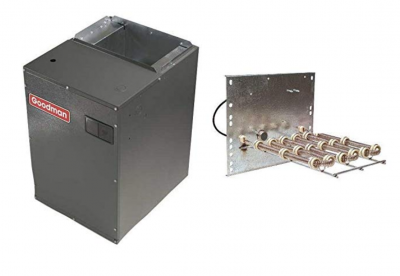
Get the Goodman Electric Furnace Here
Oil furnaces, by and large, are the most costly, and there is no real way to standardize the cost as the price of fuel fluctuates. For folks in this position, we recommend some sort of secondary heat source, like a wood or gas fireplace insert to supplement some of your heating needs at a lower cost.
2. Cooling
Air conditioning systems are equally as inefficient as their winter counterparts, if not more. If you have central air or are in a position where you have the option for a central air installation, you are in luck.
Central air is the most efficient using around 200-300 kWh per month. On the other hand, those of us stuck in the stoneage of window units are pulling 650 kWh for EACH unit.
Unfortunately, there is no real supplemental cooling solution. That said, there are some interesting fan hacks that could help you to achieve a level of comfort without lowering your system’s temperature dramatically.
3. Clothes Dryer
Here is a crazy statistic, after heating and cooling systems, clothes dryers consumer the most electricity of any other appliance. When you think about it, though, a dryer truly is a luxury.
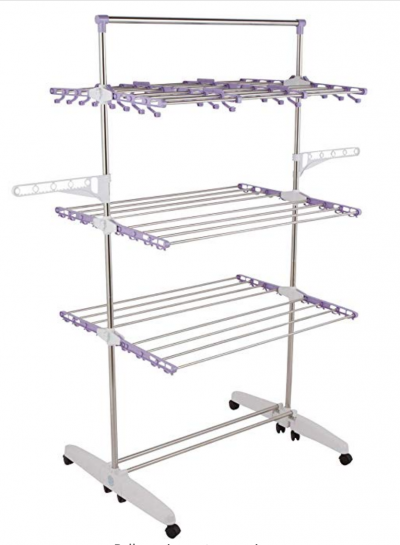
Get the iT Jeans Drying Rack Here
Up until fairly recently, it was not rare to drive through any neighborhood in the United States and see clothes hanging from porch railings and clothes hangers. This is especially true in the summer. For winter months, invest in a drying rack to be housed in your laundry or bathroom.
4. Dehumidifiers
For homes in super humid climates like those along the east coast, dehumidifiers are a must have. Not only do they keep your home free from that dense, heavy air, but they are also necessary in some homes to help fight harmful mold growth.

Get the Tosot 30 High Efficient Dehumidifier Here
And in these homes, those dehumidifiers are sucking up 160 kWh per month on average. This may not seem so astronomical when compared to the larger home systems like heating and cooling, but take into consideration that the range on a single dehumidifier is likely not sufficient for a sum of a home’s moisture problem.
5. Refrigerators
As is the case with most appliances, the older your refrigerator, the less efficient it will be. This is also why the range on energy use reporting is so vast when it comes to kitchen appliances in particular.
If your fridge is from the 15-20 years old, it could actually be more cost efficient to replace it then to continue paying over the course of a year.
This might seem like a stretch, but consider that a modern, high efficiency model runs at about 400 kWh. And let’s not forget: your refrigerator is always running.
Conclusion
These home appliances listed above can become a tremendous drain on your home’s energy and ultimately your wallet. But the massive consumption does not have to be a necessary evil.
Whether it is through a financial investment for new high-efficiency appliances or some of the simple, supplemental solutions we proposed, there are some ways to escape massive energy costs and reduce your environmental footprint for the long term.


